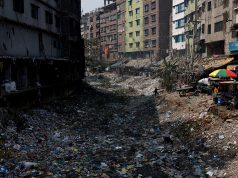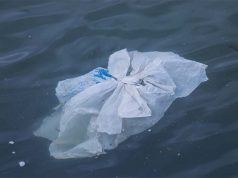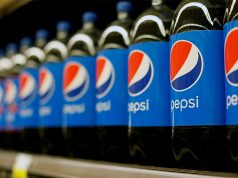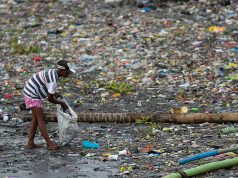In the quest to help sustain the environment, an advocate of zero-waste lifestyle raised awareness about a search engine that helps users save oceans from plastic pollution.
A member of an online eco-friendly community called “Buhay Zero-Waste” on Facebook shared that she discovered OceanHero in response to a post talking about environment-friendly search engines.
The original post encouraged the community members to use Ecosia, a search engine that helps plant trees for every query that its user makes on its page.
READ: Why this potential Google competitor is gaining ground in Philippines
“I really hope na nagpalit na kayo ng search engine niyo… if not, read this article,” Rita Monica Felix, the Facebook user of the post, wrote on Saturday.
She also posted a link to an article reporting about the initiative “repopulating Philippine forests.”
Another Facebook user, Kathleen Ced, responded to the post by commenting that she has been using Ecosia “for a year” already.
“Then I found OceanHero, who needs more help than Ecosia now kasi konti palang users nila. (emoji) May plastic bank din po sila sa PH! Check them out din po! FYI: Ecosia—plants trees, OceanHero—collects plastic from polluted oceans!” she wrote as a comment.
Another member of the community, Facebook user Danielle Faith Torres, shared that she has Ecosia installed in her Google Chrome while OceanHero is the one she uses in her Microsoft Edge browser.
“Para sa’kin mas extensive si OceanHero pero parang mas ok si Ecosia pagdating sa mga academic searches,” she commented.
OceanHero said that for every five searches, it “recovers one plastic bottle” that could potentially make its way into the ocean.
“Advertisers pay us whenever you click on their ads. This allows us to pay for the collection of ocean-bound plastic,” the website said in its “about” section.
“On average for 17 tabs, we can pay a person to return the equivalent of one plastic bottle,” the search engine added.
A recent study showed that a number of rivers in the Philippines are among the top rivers in the world that carry the most pollution in the ocean, namely the Pasig, Agno, Davao and Iloilo Rivers.
Its researchers estimate that at least 1,000 rivers are responsible for nearly 80% of plastic waste in the world’s overall plastic emissions.










